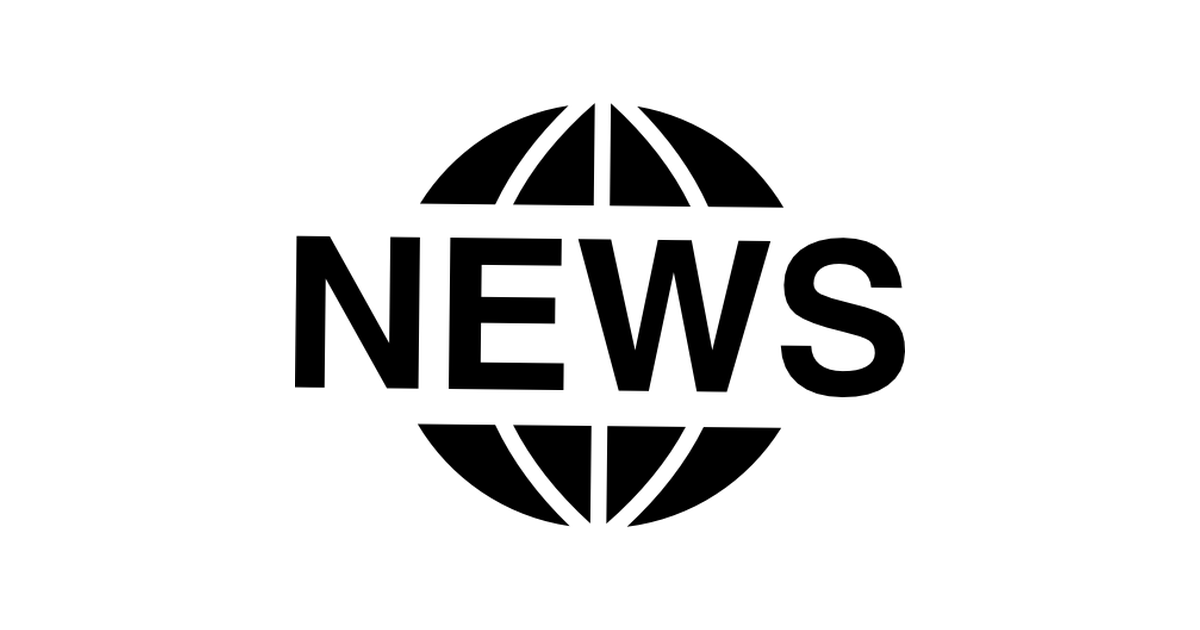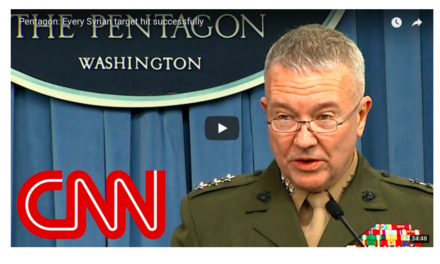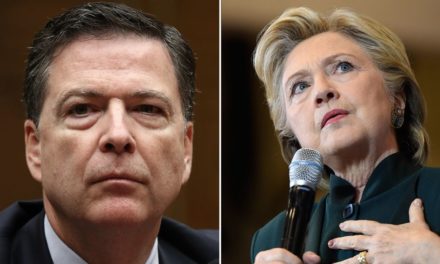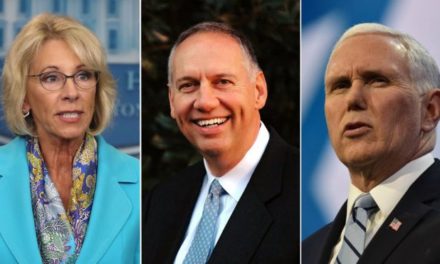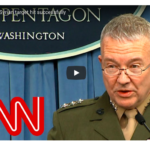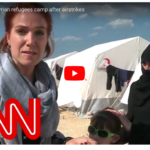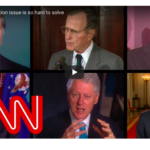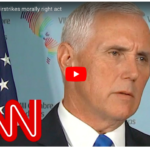
Trump: ‘big price to pay’ for Syria chemical weapons attack
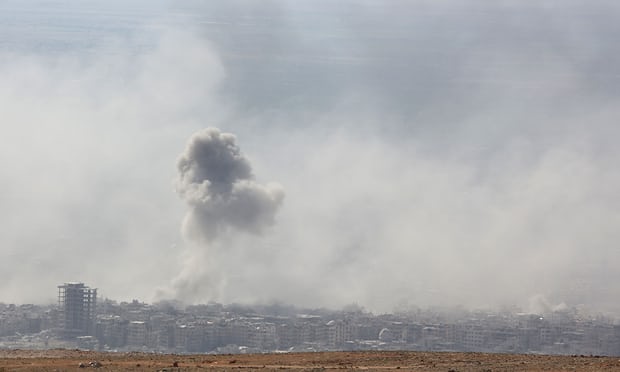
Donald Trump warned there will be a “big price to pay” for a chemical strike in a rebel-held Damascus suburb that killed at least 42 people on Saturday, as the UK and France called for an urgent meeting of the United Nations security council in reaction to the the attack.
The security council will meet twice on Monday. Russia, a backer of Bashar al-Assad, also called for a session.
The atrocity came amid a barrage by regime jets, helicopters and artillery on the district of Douma, which the European Union said pointed to “yet another chemical attack by the regime” as it called for an international response.
At least 300 people were affected by the gas, medics in Douma said. Many of the 42 who died had been sheltering in the basement of a building that was struck by a projectile shortly after 7.30pm. Ill-equipped local doctors said they treated patients for suffocation, foaming at the mouth, dilated pupils and burned eyes.
Victims of the strike reported a strong odour of chlorine – an industrial chemical that has been dropped by regime helicopters throughout the war. However, Jerry Smith, a former UN weapons inspector who investigated previous chemical attacks in Syria, said the high death toll, the speed of death and convulsions shown by some patients suggested another more lethal compound – possibly organophosphate based – may have been used.
Sarin is an organophosphate chemical that has been repeatedly used in Syria – including in a mass attack on Khan Sheikhoun on 4 April 2017 and in Ghouta in August 2013. European intelligence agencies have gathered evidence that regime officials have mixed sarin and chlorine, which dilutes the gas while ensuring it remains a potent killer – especially if delivered in confined spaces.
US government sources, quoted by Reuters, said that an initial assessment had found that chemical weapons were used in the attack. The determination was made with some degree of confidence, said the sources, who stopped short of assigning blame.
Britain’s foreign secretary, Boris Johnson, described the developments as “deeply disturbing” and urged Russia not to impede an independent investigation. In a call with Vladimir Putin that took place before the attack, French leader Emmanuel Macron had agreed to “put an end to the military escalation of recent months”.
Macron has flagged “very clear red lines” over the use of chemical weapons. In a statement, the French foreign minister, Jean-Yves Le Drian, said he “condemned in the strongest terms” the Syrian regime’s siege of Douma: “The use of chemical arms is a war crime and a violation of the international non-proliferation regime. France, as the president of the Republic has said several times, will take all its responsibilities in terms of the fight against chemical proliferation.”
Trump demanded that access be opened to Douma, the last of three besieged districts in the Ghouta area of Damascus to remain under opposition control. Access was necessary to verify what had happened and treat remaining victims, he said, writing in a tweet: “President Putin, Russia and Iran are responsible for backing Animal Assad. Big price to pay. Open area immediately for medical help and verification.”
His demand came a year to the day after he ordered a strike that saw 59 missiles crash into a Syrian air base thought to be the launching pad for the attack on Khan Sheikhoun. Trump had vowed to order another attack if chemicals were used again.
Mike Rounds of South Dakota, a member of the Senate armed services committee, signalled Republican support for a strike when he told NBC he thought Trump would now “have to send a message that he means what he said”. Ben Cardin of Maryland, a Democrat on the Senate foreign relations committee, told CBS there should be “an international response”.
Rescue workers said they were attacked by jets as they tried to access the site in Douma. The bombing of the building where the civilians were hiding came amid a relentless assault local officials said targeted hospitals and civil defence centres.
It appeared to be aimed at forcing the surrender of remaining rebels who have periodically shelled central Damascus in recent months. One such shelling killed at least six civilians on Friday, Syrian officials said. Opposition officials and regional diplomats ascribed other motives to the use of gas, underpinned by a culture of impunity.
“They do this when they think they’re being defied, when they’ve just suffered a humiliation on the battlefield, or when they feel they need to assert psychological dominance,” said a senior European official. “You can often feel the temperature rising before they do something like this. They think that the rest of the world is bluffing, and they know Russia and Iran will give them complete cover.”
The Guardian view on the Syrian chemical attack: Assad’s crime – the world’s responsibility
Read more
The strike ordered by Trump after Khan Sheikhoun was largely symbolic, damaging runways and hangars that were quickly repaired Russia and Iran claimed the latest chemical attack was a “false flag”. Iran said it had been staged as a pretext for a US intervention. Syrian state media said rebels were in a state of collapse and spreading “fake” news.
A ground attack on Douma has so far failed, frustrating Syrian officials who have blockaded the rebel bastion for six years. Negotiations between regime officials and Jeysh al-Islam, which controls Douma, are reported to have restarted.
Trump’s recent announcement that the US would pull out of Syria “very soon” has been widely read in the region as the president losing interest in maintaining an American stake in trying to shape the conflict. The US has largely confined its role since Trump’s election to fighting Islamic State in the east, stopping the small-scale military support to vetted groups that started under Barack Obama.
Both Trump and the US government offered little commentary as the other two districts of Ghouta fell to Russian and Syrian forces in March, during often indiscriminate bombardments that claimed at least 2,000 lives, many civilians. After being starved and bombed to submission, rebel groups and opposition communities from both areas have been bussed to Idlib province in northern Syria.
On Sunday, the Arizona Republican senator John McCain said Assad, Russia and Iran had been “emboldened by American inaction”.
